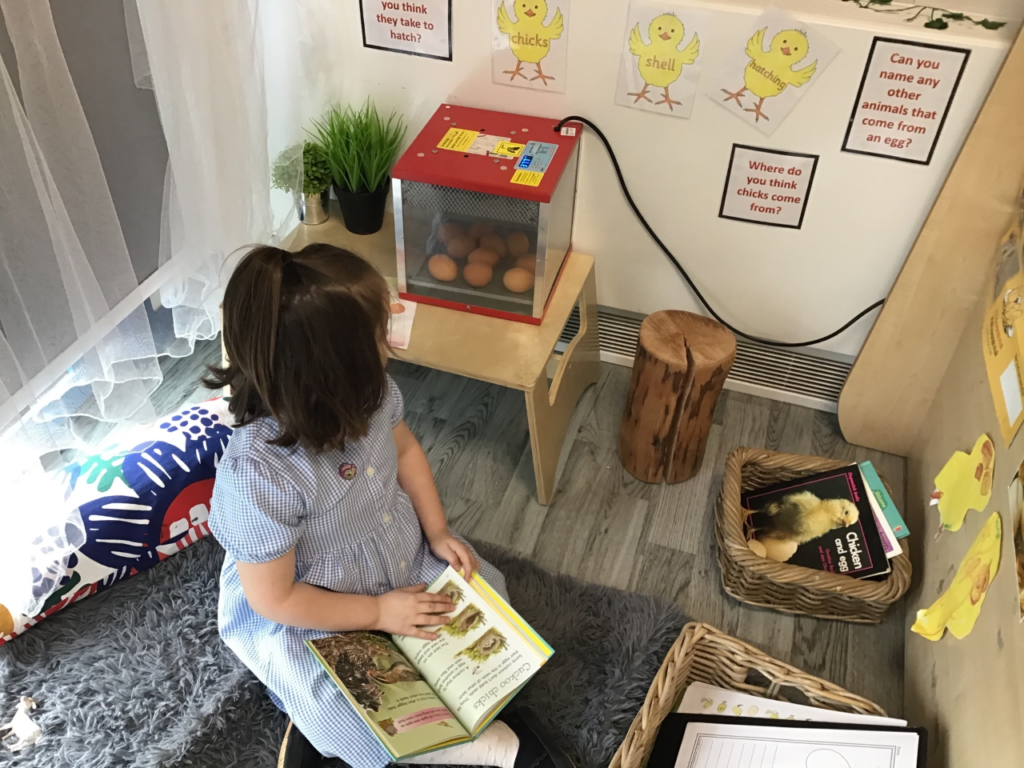Science
At Craven Primary Academy, we teach pupils to be scientists. For this to happen, our science curriculum is underpinned by three core principles;
Where-ever possible, pupils learn through practical, hands on experiences
Pupils learn facts and build knowledge over time, using precise scientific vocabulary
Pupils learn and improve the skills of a scientist
As pupils enter our Foundation Stage, opportunities for investigation, exploration and critical thinking are all around. Provision is carefully planned through key themes such as seasons, physical changes, and growing and planting. This supports the pupils as they develop a range of scientific enquiry skills and become scientific explorers. Equipment such as magnets and magnifying glasses encourage first hand exploration and discussion. They are guided to ask questions, test their ideas and seek answers as these are the fundamental skills of a scientist.


As pupils move through the academy, the National Curriculum is sequenced in a way which builds knowledge and skills over time. All pupils are given opportunities to ask questions and test their own ideas whilst working as scientists and using scientific vocabulary to support their understanding.
Our science curriculum encourages pupils to question the world around them. It promotes excitement and curiosity. We aim to develop pupils’ minds, and scientific knowledge. Through practical experiences, they build up theories and predictions. We encourage them to have the confidence to test and challenge scientific ideas. We want them to understand how scientific developments can change the world we live in.
The science curriculum provides experiences and knowledge of the physical and natural world. This is gained through:
• observing
• pattern seeking
• identifying
• classifying and grouping
• testing
• using scientific research sources.
Pupils learn about how to test their ideas through investigation and form conclusions. Pupils also learn about influential people and how their ideas, or work, have led to the knowledge and concepts that pupils learn. These may be scientists, explorers or conservationists. By learning about these people, pupils can see how the ideas about the world in which we live have been created.
Science is further enhanced because it is carefully threaded into the Reading Enhanced Curriculum (REC). Additional enhancements to the National Curriculum include, for example, learning about Charles Darwin in Y6 through the text On the Origin of Species by Sabina Radeva, or learning more about dinosaurs in Y1 with Gigantosaurus, written by Jonny Duddle.
The strands in science are:
• Working scientifically
• Plants
• Living things and their habitats
• Animals, including humans
• Use of everyday materials
• Seasonal changes
• Rocks
• Light
• Forces and magnets
• States of matter
• Sound
• Electricity
• Properties and changes of materials
• Earth and space
• Forces
• Evolution and inheritance
Pupils also have the opportunities to take part in other additional scientific experiences. This is done through science clubs and forest-schools.

